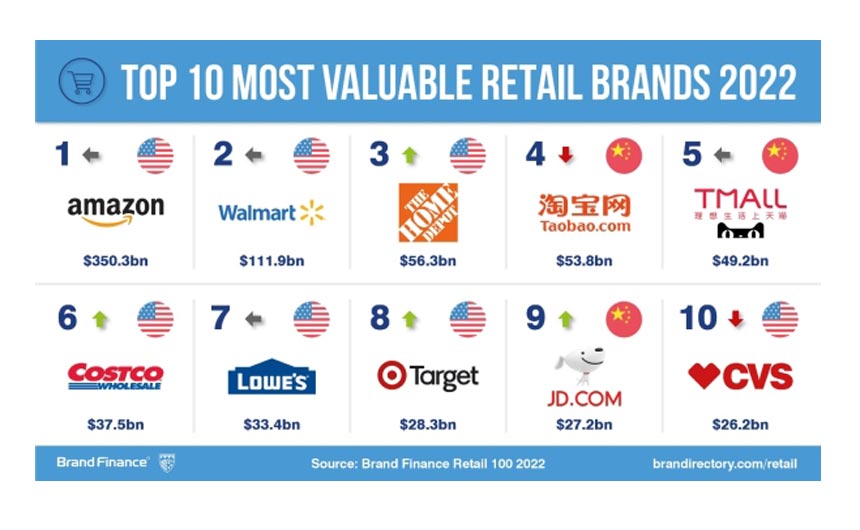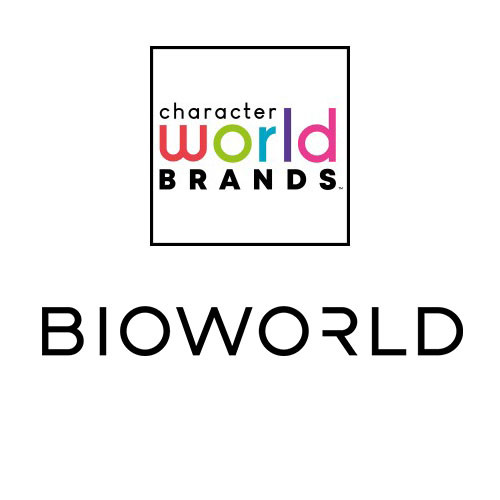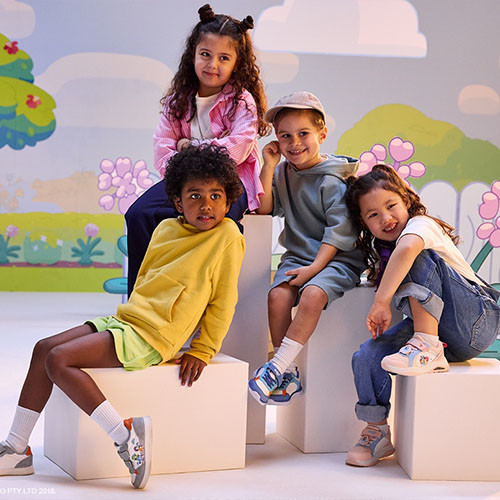US and European retail brands are leading the global retail sector in bouncing back better from the pandemic – with Amazon and Walmart leading the way.
In a world of changing customer demand and disrupted supply chains, these big retailers are applying their logistics expertise to adapt in innovative ways to the ‘new normal’, reported Brand Finance. Increasingly these mega retail brands are bringing logistics operations in-house and using their vertical integration to deliver – literally – for customers.
Amazon sits in first position as the most valuable retail brand in the world, up 38% year-on-year and valued at US$350.3 billion in the Brand Finance Top 100 most valuable retail brands.
Amazon sees logistics as key, developing its own end-to-end supply chain through a growing fleet of trucks, vans and planes in many jurisdictions. Across 2020 and 2021, the brand has invested an estimated US$80 billion in its logistics division, compared to US$58 billion in the previous five years combined. This allows Amazon to deliver on its core brand promise to customers: delivering goods to consumers efficiently and effectively.
“Retail brands globally have been quick to adapt to rapidly changing buying and selling patterns resulting in incredible brand value growth across leading brands,” commented Richard Haigh, md of Brand Finance. “The sector tackled shortages caused by the pandemic by innovating with logistics and technology.”

Meanwhile, US department store retailer, Burlington is the fastest growing retail brand in the world, with a brand value growth of 80%.
US stalwart Target has also broken into the top ten retail brands, becoming the eighth most valuable brand, up 37% to US$28.3 billion. Target achieved strong growth during the pandemic as shoppers preferred to minimise multiple shopping trips and Target served as a one-stop shop for customers for large volumes of grocery shopping.
Target has also communicated its goal of being ‘America’s easiest place to shop’ by introducing its multi-channel shopping options and cementing its identity as a one-stop shop.
Elsewhere, Japanese retail chain 7-Eleven saw its brand value increase 50% to US$13.7 billion, while French home improvement and gardening retailer Leroy Merlin achieved significant brand growth, also up 50% to US$5.8 billion. The brand achieved significant scale improvements during the pandemic, and was able to deliver to customer demands for home improvement goods during the pandemic. It was able to respond to customer demand as consumers spent more on such items, and less on travel, during global pandemic lockdowns.
The highest placed UK retailer in the report was Tesco at number 18, while Asda was at number 29, Sainsbury’s was at 47 and JD Sports was ranked at 49.
Every year, brand valuation consultancy Brand Finance puts 5,000 of the biggest brands to the test, and publishes around 100 reports, ranking brands across all sectors and countries. The retail industry’s top 100 most valuable and strongest brands in the world are included in the annual Brand Finance Retail 100 ranking.
Want to read more news like this? Simply sign up to our daily digest by clicking here. You can also follow @LicensingSource on Twitter and @licensing_source on Instagram.





























